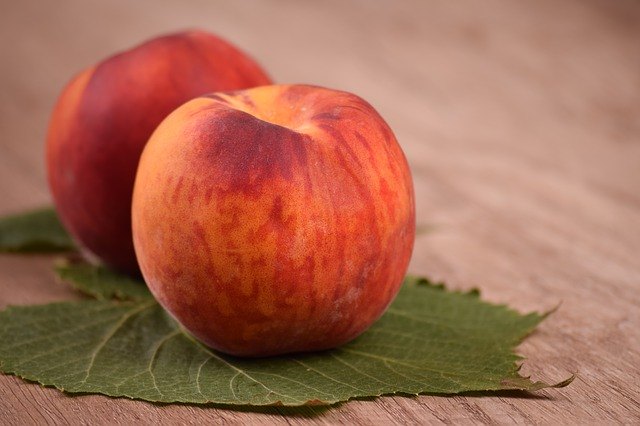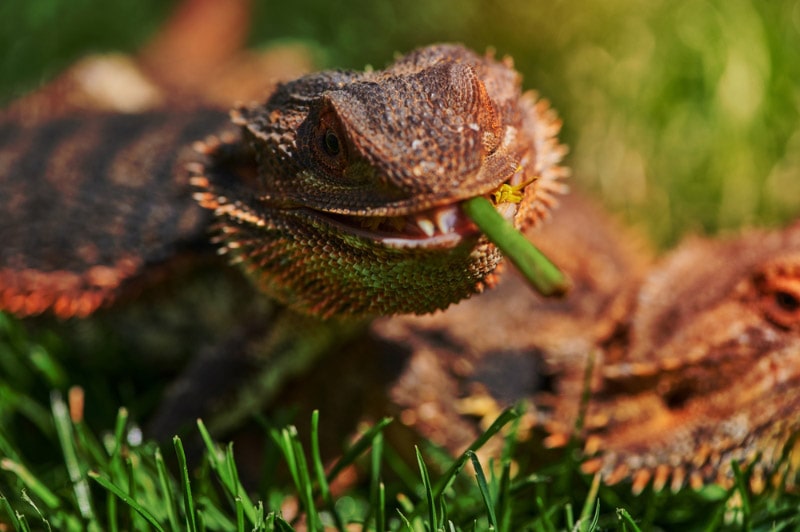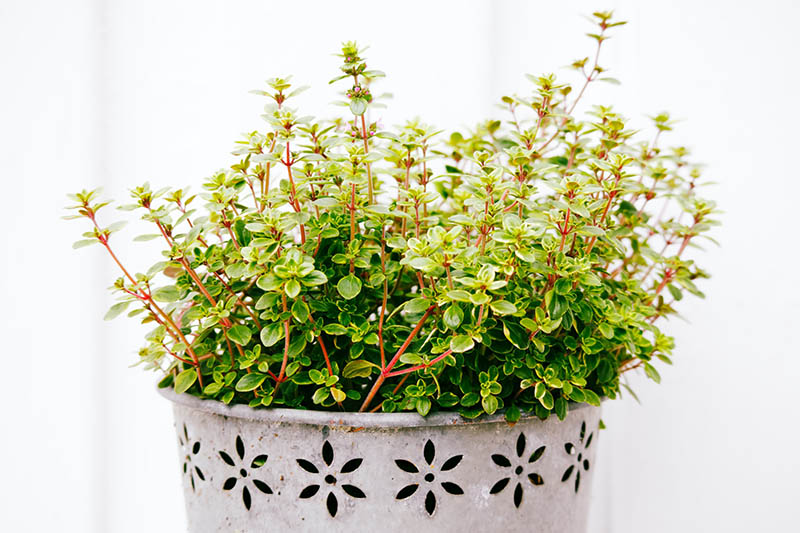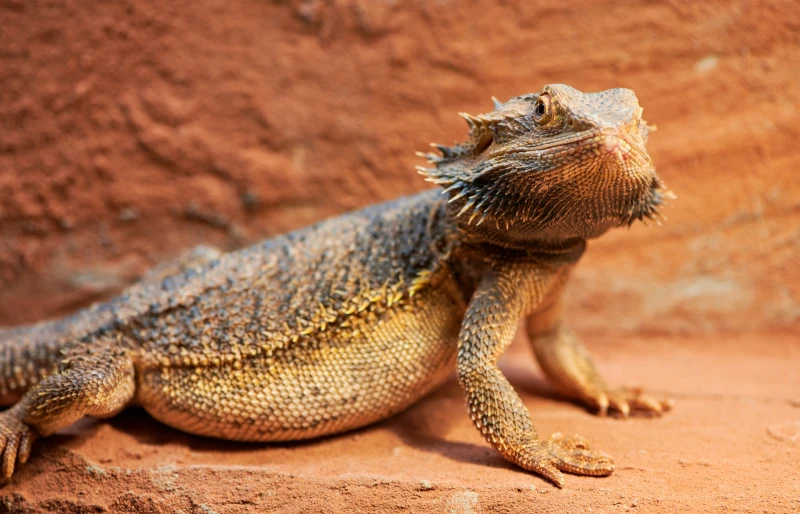Can Bearded Dragons Eat Nectarines? Vet Approved Facts & FAQ

Updated on

Click to Skip Ahead
Bearded dragons, as omnivores, need a diet of both plant and animal material. The plant portion of your pet’s diet should consist primarily of vegetables, but some fruits can occasionally be added as a special treat. Nectarines are one of the tastiest fruits around but using them as a staple is not appropriate. Nectarines are non-toxic for dragons, but there are some things you should know before you cut up some for your pet. Read on to learn more.
Can Bearded Dragons Eat Nectarines?
Nectarines can be a great treat for your beardie, provided they are served very occasionally and in small quantities. They’re nutritious as they’re high in fiber, vitamin A, and vitamin C.
Dietary fiber is important as it encourages gut motility. Vitamin A has a role in bone growth and Vitamin C can help with immune system function.

Why Can’t Beardies Have Nectarines Daily?
Nectarines have a poor calcium-to-phosphorus ratio (Ca:P), making them inappropriate as a daily treat. Their Ca:P ratio is approximately 0.3:1.
It is not just the poor Ca:P content that makes nectarines inappropriate for daily feedings. Nectarines are high in sugar, watery, and acidic.
Beardies shouldn’t have any fruit daily as they are too high in sugar. Too much sugar can lead to obesity and potentially dental issues.
What Is the Importance of Calcium and Phosphorus?
If you’re educating yourself about reptile nutrition, you’ve likely heard about the importance of a proper calcium-to-phosphorus ratio. Beardies need approximately twice as much calcium as phosphorus, so you must be familiar with the Ca:P ratio of the foods you’re feeding your pet.
When bearded dragons don’t get enough calcium in their diet, there can be serious side effects, most of which involve their muscles and bones.
- Spinal deformities
- Bone deformities
- Weakness
Dragons with severe cases of calcium deficiency can even die.
So, how does phosphorus factor in here? Phosphorus binds to some forms of calcium, making the calcium unavailable. So, you can see how a diet too high in phosphorus and low in calcium can become problematic.

What Fruits Are Better for Beardies?
Though fruit should only be given occasionally as a special treat, there are certainly better options than nectarines.
- Apples
- Cactus fruit
- Mangos
- Blackberries
- Grapes
- Papayas
- Peaches
- Raspberries
- Strawberries
Final Thoughts
While nectarines aren’t toxic, they aren’t the best fruit to offer your bearded dragon. However, if your pet loves them, you can feel free to occasionally give him a small piece or two. Remember that fruit should only be provided as an occasional treat due to its high sugar content.
Featured Image Credit: ExplorerBob, Pixabay











